Category:
Contraceptive Supply & Security
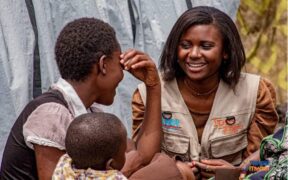
Gender inequality and gender-based violence (GBV) are serious concerns for refugees from the DRC. In the spring of 2022, the conflict in Eastern DRC escalated when the Mouvement du 23 Mars (M23) rebel military group engaged in fighting with the government in the North-Kivu province.
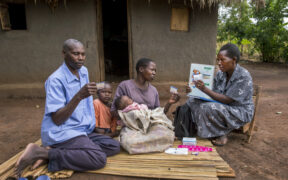
During all stages of reproductive life, men play an important role in conversations and decisions about contraceptive use, family size, and spacing of children. Yet, even with this decision-making role, they are often left out of family planning and contraceptive programming, outreach, and education efforts.
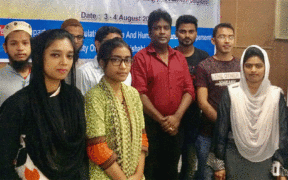
Knowledge SUCCESS’ Brittany Goetsch chatted recently with Dr. Mohammad Mosiur Rahman, Professor, Department of Population Science and Human Resource Development, University of Rajshahit, the principal investigator (PI) of the research team, to learn how they used secondary data sources to explore the similarities and differences in facility readiness to provide FP services across 10 countries.
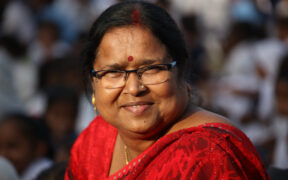
A team of four faculty - Isha Karmacharya (lead), Santosh Khadka (co-lead), Laxmi Adhikari, and Maheswor Kafle - from the Central Institute of Science and Technology (CiST) College wanted to study the impact the COVID-19 pandemic had on FP commodities procurement, supply chain, and stock management in Gandaki province to determine if there were any variations and effect on FP service delivery. One of the team members from Knowledge SUCCESS, Pranab Rajbhandari, talked with the study’s Co-Principal Investigator, Mr. Santosh Khadka, to learn about their experiences and learning of designing and implementing this study.
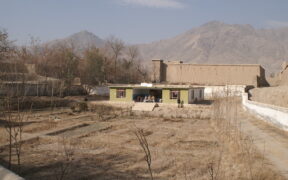
Introducing our new blog series that highlights local research produced with support from the D4I project, 'Going Local: Strengthening Local Capacity in General Local Data to Solve Local FP/RH Development Challenges.'
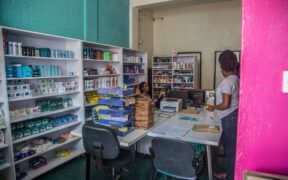
We are pleased to introduce our new blog series, FP in UHC, developed and curated by FP2030, Knowledge SUCCESS, PAI, and MSH. The blog series will provide valuable insights into how family planning (FP) contributes to the achievement of Universal Health Coverage (UHC), with perspectives from leading organizations in the field. This is the second post in our series, focusing on engaging the private sector to ensure that FP is included in UHC.
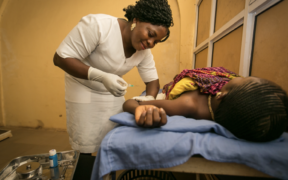
The introduction and scale-up of contraceptive implants have unequivocally increased access to family planning (FP) method choice around the world. Late last year, Jhpiego and Impact for Health (IHI) collaborated to document the experience of contraceptive implant introduction over the last decade (primarily through a desk review and key informant interviews) and identified recommendations to scale up implants in the private sector.
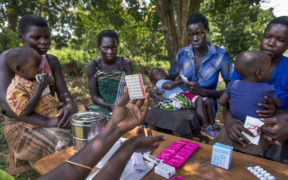
Marie Stopes Uganda’s Gulu Light Outreach provides free mobile clinics that engage Northern Ugandan communities on reproductive health. Using peer-to-peer influence and outreach in markets and community centers, the team educates young people on contraceptives. It aims to spur family planning and support a culture that prioritizes the futures of its youth and the sustainability of its environment.














